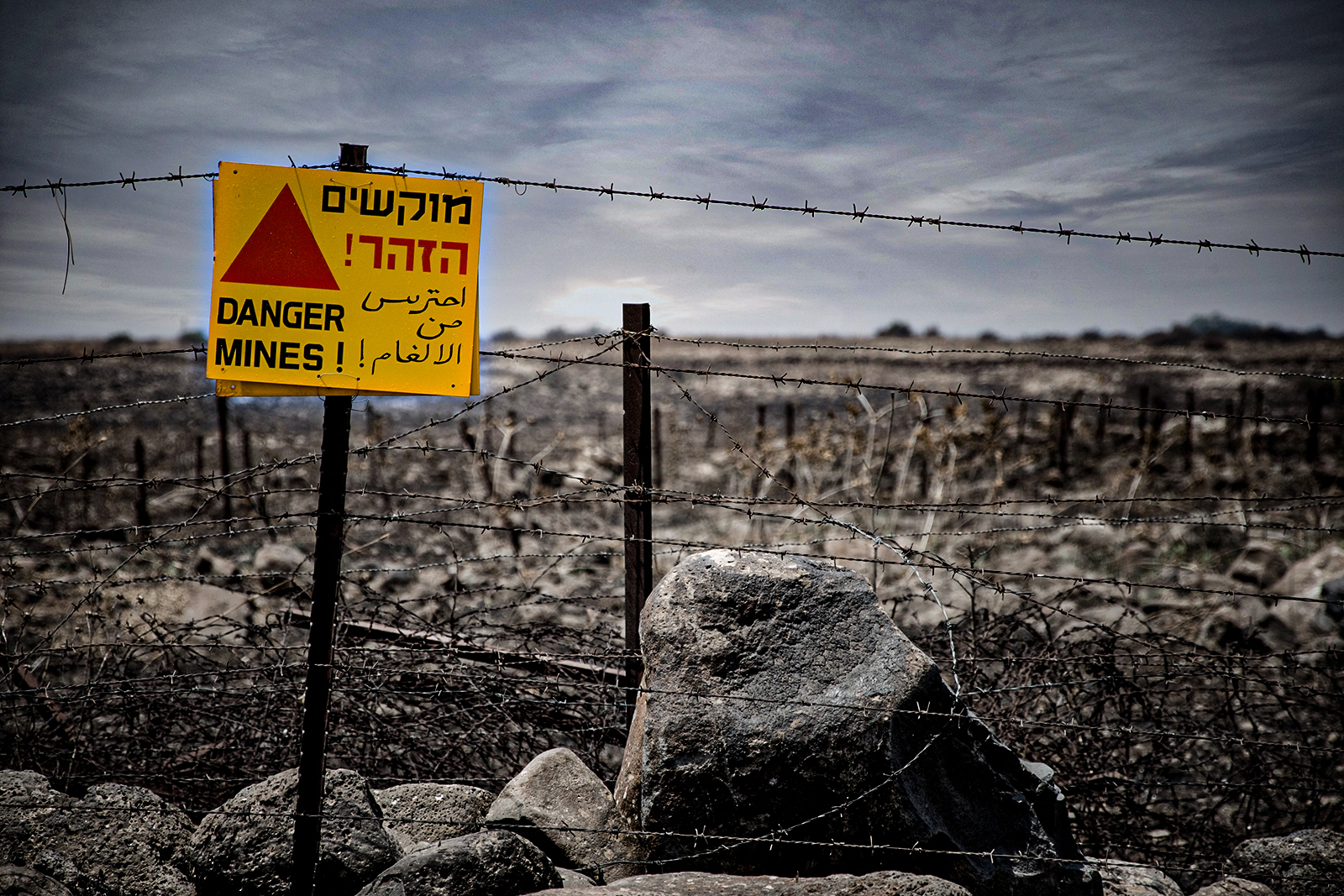
The World’s Poor are Starving
The world is moving towards an unprecedented time as global food prices are skyrocketing. Across the globe, domestic food prices and inflation remains high and the World Food Programme (WFP) estimates that 345 million people in 82 countries now face acute food insecurity. Around 50 million people in 45 countries are on the verge of famine or famine-like conditions while 882,000 people are facing major food catastrophes. The Food and Agriculture Organization (FAO) and the WFP have recently issued a warning of a looming global food crisis due to the lingering effects of the pandemic, the war in Ukraine, economic shocks, and climate change which have affected agriculture, energy, and financial systems.
Although hunger and malnutrition were on the rise globally with 823 million people suffering from hunger in 2021, Russia’s unprovoked invasion of Ukraine has compounded the problem. Both Russia and Ukraine together account for 30% of globally traded wheat, 70% of sunflower oil, and 20% of maize supplies. Around 50 countries depend on these two exporters for at least 30% of their cereal imports. For about 20 countries, it’s more than 50 percent of their imports. Since Russia is also one of the world’s leading exporters of fertilizer, the importing countries are facing twofold impacts of higher food import prices as well as higher costs of fertilizer which result in higher food costs on domestic markets.
The forecast for next year is also gloomy. According to a recent report, the war in Ukraine has pushed an additional 50 million people into severe hunger in 2022. As food prices continue to rise, another 19 million people are expected to face chronic malnutrition in 2023.
The already exacerbated situation is further worsened by restrictive measures taken by food exporting countries. Since the global market is facing upward price pressures due to supply shortages as well as rising fuel and fertilizer prices, food exporting countries are imposing food trade bans and restrictive policies to ensure supplies in their domestic markets. As of September 15, around 21 countries have implemented food export bans, and six countries have implemented export-limiting measures to ease pressure on their domestic markets.
India, one of the largest rice exporters and the world’s second-largest producer of wheat, has banned shipments of broken rice and wheat and imposed a 20% duty on the export of white rice, semi-milled and wholly milled rice to boost its domestic supply and calm prices after below-average monsoon rains curtailed its planting. Thailand and Vietnam have also agreed to cooperate in raising rice prices to better compensate their farmers.
Countries including Serbia, Kazakhstan, Kosovo, and Egypt have also restricted their wheat exports. Argentina, the largest exporter of soybean oil in the world, has imposed a ban on the export of soybean oil and meal. Indonesia, the world’s largest palm oil exporter, has also banned exporting palm oil and palm kernel oil, a key ingredient used in many foods as well as non-food products. Iran, one of the largest suppliers of fruits and vegetables, has also imposed restrictions on exports of certain vegetables. Turkey, a major meat exporter, has limited its export of beef, mutton, goat, butter, and cooking oils. Malaysia has also stopped the export of chickens after a global feed shortage exacerbated by the Ukraine war. This wave of restrictions on food exports is affecting nearly one-fifth of calories traded globally which is nearly double the impact of the last global food crisis in 2008.
Along with the war in Ukraine, devastating floods in Pakistan and extreme drought in the Horn of Africa are also contributing to the reduction of food production which, in turn, results in the disruption of food supplies.
According to the World Bank, global food inflation is soaring to record highs. About 94% of low-income countries, 89% of lower-middle-income countries, and 89% of upper-middle-income countries have nominal food inflation levels above 5% compared with 2021. UN Secretary-General António Guterres warns that the growing food supply shortage along with high food inflation is taking the world towards “an unprecedented global hunger crisis.” He also warned that “There is a real risk that multiple famines will be declared in 2022….and 2023 could be even worse.” The global food crisis will disproportionately affect African countries, more specifically, South Sudan, the Democratic Republic of Congo, Somalia, and Ethiopia.
World leaders are taking several measures to tackle the global food crisis. As the war in Ukraine is disrupting global food supplies, Russia and Ukraine have signed the Black Sea Grain Initiative, an agreement on the safe transportation of grain and food from Ukrainian ports brokered by Turkey and the United Nations on July 22.
As part of a comprehensive global response to the ongoing food crisis, the World Bank has announced upwards of $30 billion will be available over a period of 15 months in areas such as agriculture, nutrition, social protection, water, and irrigation. In May, the World Bank and the G7 also convened the Global Alliance for Food Security, which seeks to catalyze an immediate and concerted response to tackle the global hunger crisis. G7 leaders have announced $4.5 billion in funding to fight global food insecurity. The European Union, which includes many of the world’s largest food importers, has also urged its trading partners not to adopt protectionist policies.
Although these initiatives are undoubtedly important for tackling the food crisis, these aren’t adequate steps for preventing a global food catastrophe. The world needs a sustainable solution to the global food crisis. Curbing rising inflation rates, stabilizing supply chains, and avoiding conflicts are some of the prerequisites that global leaders need to work on. In an era of globalization, the international community should come forward and put food security on the top of the global policy agenda to prevent a large-scale loss of life due to hunger and act together to build a resilient and nutritional food system before it is too late.

